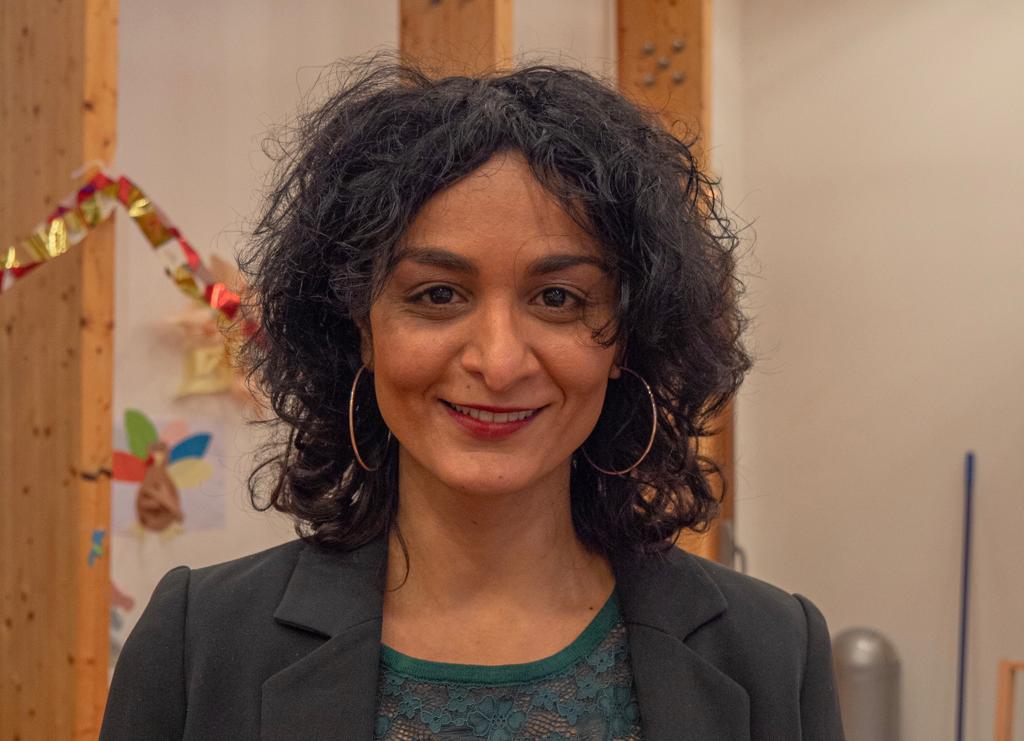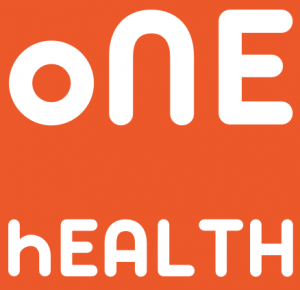Doctolib is at the heart of the turmoil: a platform socially recognized for its services and its usefulness is promoting unrecognized practices that are sometimes considered charlatanesque. It is more specifically criticized for giving access to naturopathy, a practice very popular with the French but which is not framed by any standard. However, a platform dedicated to making medical appointments can in no way be put on the same level as “well-being” platforms because Doctolib mainly includes medical/paramedical professionals (doctors, dentists, physiotherapists, etc.) and other legally recognized professionals (psychologists, dietitians, etc.).
That said, the controversy is disproportionate because in the field of complementary medicine, its offer is particularly minimal and concerns, it should be remembered, essentially practices regulated by law such as osteopathy, acupuncture and homeopathy. Where many “well-being” platforms mainly offer practices devoid of standards such as magnetism, reiki, coaching of all kinds or even spiritual hypnosis.
Another crucial point of distinction concerns the training of practitioners. Thus, on “medical platforms” such as Doctolib, acupuncturists or homeopaths will necessarily be doctors or midwives, as required by law. Conversely, the acupuncturists or homeopaths integrated into the “well-being platforms” are rarely doctors, thus opening the way to the illegal practice of medicine.
In other words, in terms of access to “complementary medicine”, Doctolib is currently much more suitable and secure than the so-called “specialized” platforms in the field!
Naturopathy on Doctolib: a very clumsy act, but a revealing act!
Naturopathy, because it is not framed by any standard, has a priori nothing to do within a “medical platform”. The controversy can be heard because beyond the risk of confusion for citizens, integrating a practice “outside the box” inevitably facilitates the opening of Pandora’s box.
Naturopathy today and magnetism or “stone healing” tomorrow? “Freedom of care” will some say? Yes, but not in opposition to the “duty of safety”. In short, not anything, anywhere and anyhow. Digital has the limits of its assets: reduced information, “à la carte” access, impossibility of control…
But that does not mean that all complementary medicines should be banned from medical platforms. On the contrary ! Some are regulated by law and/or precisely reserved for doctors or health professionals. In this context, “medical” digital access may well make sense. In addition, remember that many complementary medicines are already integrated into the health ecosystem (hospitals, clinics, nursing homes, etc.). In oncology, many practices are becoming more democratic in the context of support care (socio-aesthetics, sophrology, etc.). They are also very well received by EHPAD residents (eg art therapy, music therapy, etc.), just as they are deployed favorably in psychiatry (meditation, writing therapy, etc.) or in pain services (medical hypnosis , relaxation, etc.). In short, they are in no way marginal in the world of care!
In addition, some meet training standards recognized by the State and/or the University. In other words, many art therapists, sophrologists, reflexologists, osteopaths, chiropractors, acupuncturists, etc., have every right to intervene as soon as they are duly trained. In this case, offer them within Doctolib or related may well be founded.
This new controversy actually reveals a societal demand that is not easy to respond to, at least not in a binary way. Prevention, well-being and quality of life have their place in medicine and correspond to the overall definition of health given by the WHO. It is therefore natural to question what can, must or cannot be integrated into it. However, the normative realities in the field are complex and do not make the task easy. Pandora’s box covers a mass of practices and practitioners with disparate skills, which is obviously not without risks for users.
The danger of service platforms in the field of “well-being”
In November 2021, a wave of media was already denouncing – and with good reason – certain “well-being” platforms dedicated to the promotion and access to “alternative medicine”. A hidden camera report then showed a practitioner in the middle of a session, in the process of advising his client, simulating pain, to go to the doctor… It is obvious that this type of attitude presents risks for users, sometimes very confident of these practitioners and/or willing to heal without medicine or drugs.
Unfortunately, “wellness” platforms have every interest in multiplying practitioners, regardless of “their seriousness”, insofar as their economic model is based precisely on these so-called practitioners. Indeed, to integrate these platforms, practitioners must generally pay a subscription and pay a percentage to the platform for each session. To complete this model, some of them offer practitioners “commercial training” aimed at supporting their postures and their speeches in front of the client… Thus, the more the practitioner is “commercially experienced”, the more likely he is to provide a session, and the more the platform is economically profitable…
A passion that requires acting in a reasoned and reasonable manner.
Complementary medicines are used by nearly one in two French people. The reasons for this enthusiasm are numerous and rather well identified: culture of well-being, return to nature, attraction for spirituality, desire to be an actor in care, distrust of the medical institution, rejection of “all medication”, etc
For years, this social phenomenon has generated numerous debates (societal, medical, scientific, etc.) without leading to concrete actions. Some reject these practices – sometimes out of principle – under the guise of “security”, while others advocate diversified – sometimes unreasonable – access in the name of “freedom”. The nuance is not very present in the field, no doubt because we like to oppose the worlds permanently (hard medicine vs. soft; science vs. belief; health vs. disease…).
Some require “evidence” while no means are allocated to research. In the meantime, and for lack of “evidence”, should we prohibit in the hospital, socio-aesthetics for women with cancer or the spiritual support that many patients in palliative care claim?
If good thinking is gradually replacing common sense, actions are sorely lacking. Unquestionably, political decision-makers have a responsibility and a duty to act. Perhaps the vote one day on the proposal of Resolution calling for the creation of a government agency for the evaluation of appropriate complementary approaches and the control of therapeutic drifts and alternative practicesfiled in March 2021 on the initiative of former MP and current Minister Agnès Firmin Le Bodo?
Be that as it may, faced with societal demand and the lack of benchmarks, faced with the risks of excesses, and the rise of health charlatans, it becomes more than necessary to act and sort it out. Listing regulated practices more clearly, informing and acting around training standards, establishing inclusion/exclusion criteria, evaluating methods, etc., in short, structuring this movement requires actions at both the societal and medical levels. and scientific.
It is important not to mix everything up, to reason the debate, to bring nuance, to get out of well-thought, to dare to act and above all to return to the essence and to integrate more intelligently the “taking care » (care) in “care” (priest).


 Health decision-makers – and the challenges of the future – at the heart of the news.
Health decision-makers – and the challenges of the future – at the heart of the news.